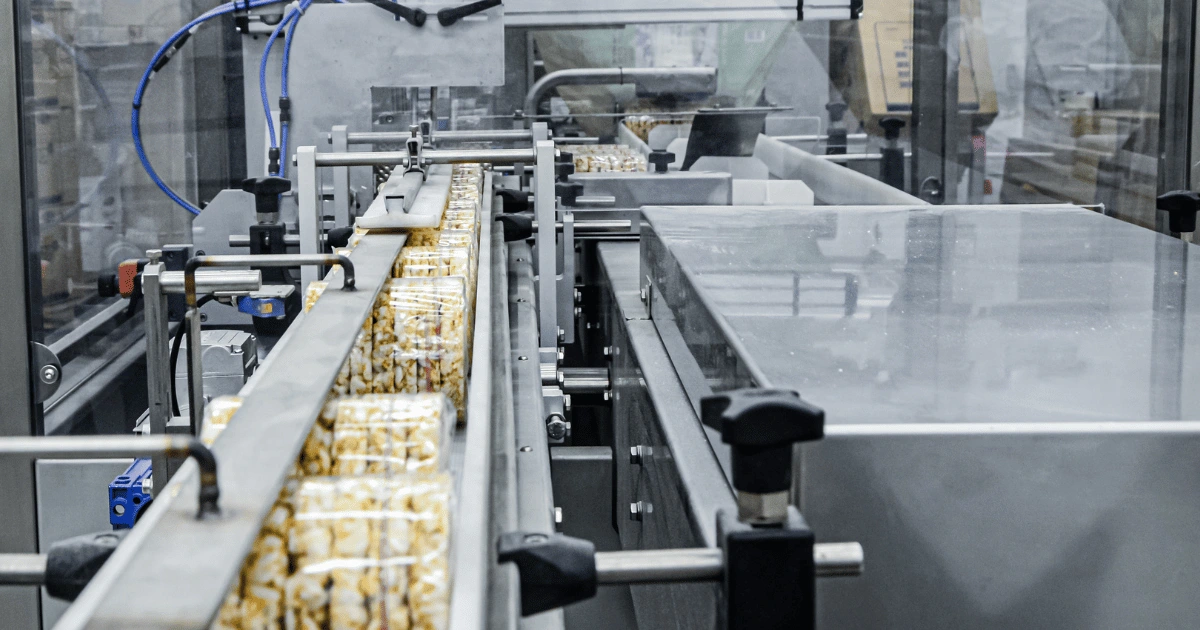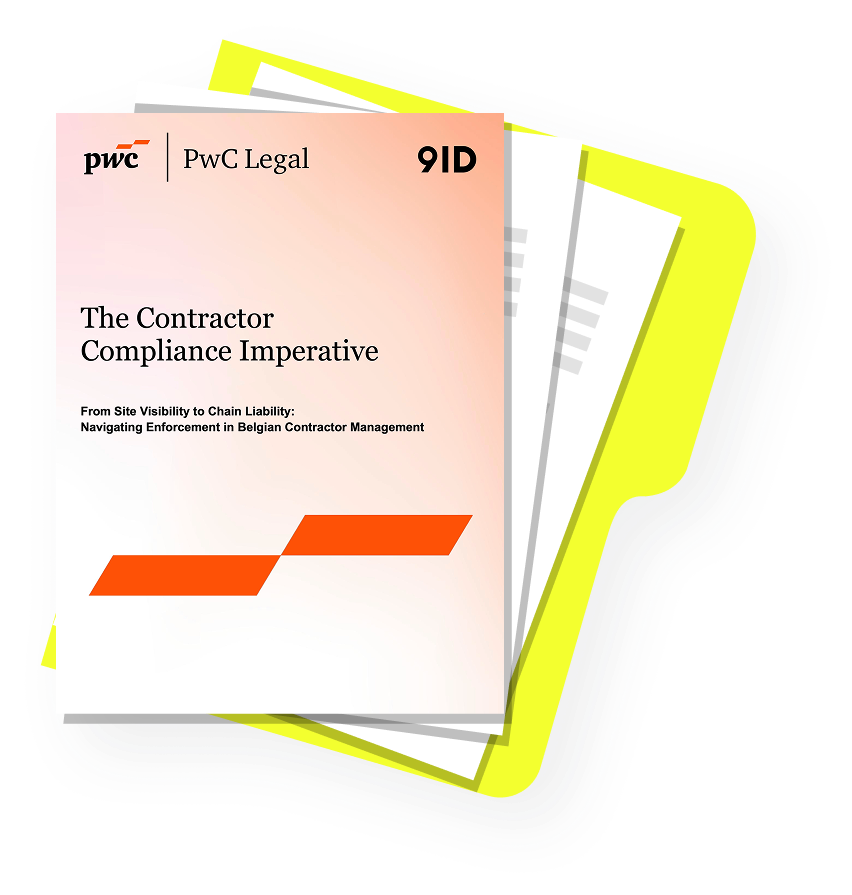Regulation
In the food industry, safety is not just a word—it's a commitment. With the stakes so high, food safety compliance software emerges as a groundbreaking tool. It's transforming the way businesses ensure that their products are safe, healthy, and compliant with regulations.
What is Food Safety Compliance Software?
At its core, food safety compliance software is a digital solution that helps businesses adhere to food safety standards and regulations. It streamlines processes like tracking, managing, and reporting on food safety data. This software is more than just a digital assistant—it's a proactive safeguard against potential health risks.
The Need for Digital Compliance Tools
Why the shift to digital? The answer is simple: efficiency and accuracy. Traditional methods of maintaining safety records are often time-consuming and prone to human error. Digital solutions minimize these risks, offering real-time data analysis and a centralized information hub.
Benefits: Beyond Compliance
- Risk Reduction: The software identifies potential hazards, reducing the risk of foodborne illnesses.
- Time Savings: Automated processes free up valuable time for staff to focus on other critical tasks.
- Enhanced Traceability: Tracking products through every stage becomes effortless, ensuring quality control.
- Regulatory Ease: Keeping up with changing regulations is simpler, making compliance less daunting.
- Data-Driven Decisions: Access to detailed analytics aids in making informed decisions.
Implementing Food Safety Compliance Software
When you're thinking about getting food safety compliance software, the first step is really understanding what problems you're facing and what you need most. This way, you make sure you pick a system that's just right for what your business needs. Let's take a look at a real-life example: Alpro, a big name in plant-based products, had some tough times with getting contractors started at their large production site in Belgium. They were running into lots of delays because it took so long to get contractors registered. This was causing a lot of hold-ups and wasn't efficient at all.
To fix this, Alpro brought in NineID, a custom-made, real-time management system. This change made a huge difference. It cut down the waiting times a lot and made things much smoother for their staff. NineID came with some neat features like OCR for checking documents, digital signatures, and QR codes for quick access. All of these helped make the whole process of getting contractors onboard faster and more streamlined. The end result? The company didn't just get more efficient; they also boosted their compliance and safety standards, showing just how crucial it is to choose the right software that fits your specific needs.
Who Benefits from This Software?
Everyone in the food chain benefits—from farm to fork. Producers, processors, distributors, and retailers all find value in these digital tools. Ultimately, the end consumers are the biggest winners, enjoying safer and higher quality food products.
The Future is Here
As technology evolves, so does the sophistication of these software solutions. Artificial intelligence and machine learning are beginning to play a significant role, offering predictive analytics and even more robust safety measures.
Conclusion: Embracing the Digital Shift
The food industry is on the brink of a digital revolution in safety standards. Food safety compliance software is more than a trend; it's a necessity in today's fast-paced, safety-conscious world. Embracing this technology means not just complying with regulations but exceeding them, ensuring a healthier future for all.








